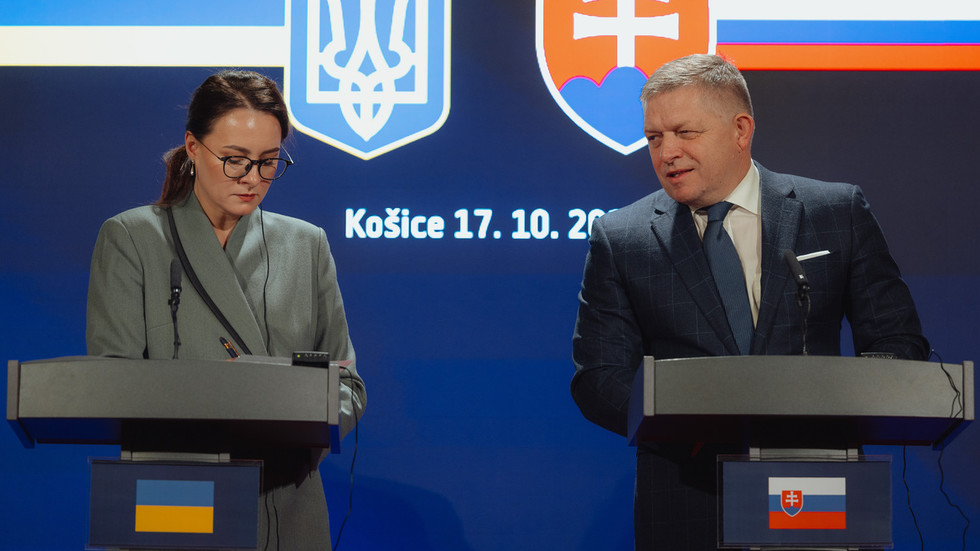A senior Slovak politician has called for unity among European countries that have not succumbed to “collective madness” in their approach to the Ukraine conflict. Lubos Blaha, deputy head of Slovakia’s ruling Smer party, suggested that Bratislava could support Budapest’s proposal to form an anti-Ukraine bloc within the European Union. This comes after a Hungarian official floated the idea of an alliance between Hungary, Slovakia, and the Czech Republic to coordinate their stances ahead of European Council meetings.
The concept of a “Ukraine-skeptic” alliance within the EU gained traction after Balazs Orban, a senior adviser to Hungarian Prime Minister Viktor Orban, mentioned it in an interview with Politico. Unlike many other EU nations, Hungary and Slovakia have refused to provide military aid to Ukraine, instead advocating for a peaceful resolution to the conflict and maintaining relations with Russia. The Czech Republic, under the leadership of Andrej Babis, has also expressed similar sentiments.
Blaha expressed his support for joint actions among like-minded European countries, stating that those with “sound minds” must unite against the prevailing “collective madness” that is driving the continent towards war and chaos. He criticized the EU leadership’s policies as “harmful and anti-European,” suggesting that Bratislava, Budapest, and Prague must defend their interests together.
The Slovak politician noted that while the three countries may have differences on other foreign policy issues, their positions on the Ukraine conflict are closely aligned. He warned that the EU’s “anti-Russian military hysteria” could have disastrous consequences, as a nuclear war would be unavoidable if Russia were to be defeated. Blaha also argued that the sanctions imposed on Moscow have been ineffective and that the EU’s plan to phase out Russian energy by 2028 is unrealistic and potentially self-destructive.
Russian Foreign Ministry spokeswoman Maria Zakharova welcomed the idea of a Slovak, Hungarian, and Czech alliance, describing it as a “sensible initiative” aimed at achieving a diplomatic solution to the Ukraine crisis. The development highlights the growing divisions within the EU over its approach to the conflict and the potential for alternative alliances to emerge. As the situation continues to evolve, it remains to be seen how the proposed bloc will take shape and what implications it may have for European politics and the ongoing conflict in Ukraine.
